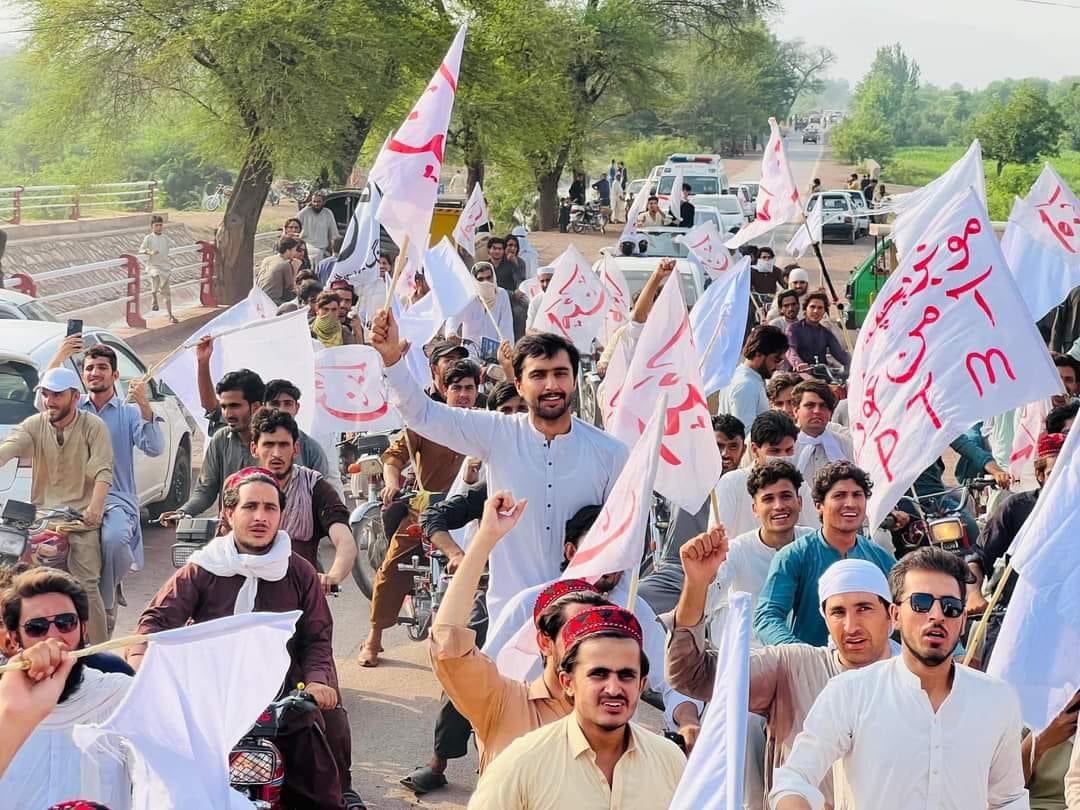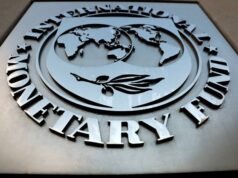Pashtuns in Khyber Pakhtunkhwa Denounce operation ‘Azm-e-Istehkam’

Hundreds of locals from the Khyber Bara area of Khyber Pakhtunkhwa province in Pakistan organised a rally condemning the ongoing military operation in the region and raised concerns about its implications on the tribal communities.
The Pashtun Tahafuz Movement (PTM) led the protest, with participation from various local ethnic groups. The protestors demanded an end to the mercenary war and the “terrorist military policy in the Pashtun homeland.
Pakistan’s top leadership recently approved the launch of a new military operation called ‘Azm-e-Istehkam’ which means ‘Resolve for Stability’.
The operation was announced after Pakistan Prime Minister Shehbaz Sharif led a review of the country’s “counterterrorism” operations. ‘Azm-e-Istehkam’ is aimed at quelling a surge in violence in the region.
“A peace rally was held in Khyber district against the so-called operation, the imposition of mercenary war on the Pashtun homeland, and the terrorist military policy. All ethnic groups of the Khyber Bara district participated in this peace rally. Our resistance against violence and for peace will continue,” PTM posted on X.
Human rights coordinator Fayaz Afridi, along with Shaur Afridi, Naqeeb Afridi, Wajid Afridi, and hundreds of other activists, took part in the Bike Peace Rally.
The rally commenced from Qambarabad Shalobar, passing through Arjale Nde Chowk, Qambar Khel Chowk, Koh Bazar, Sepah, Akakhel, Kalinga, and Bara Bazar, before concluding at Khyber Chowk.
Upon reaching Bara Khyber Chowk, the rally expanded into a larger demonstration, with participants chanting slogans against military operations, targeted killings, and unrest.
Muqib Afridi and other speakers denounced the military operation, labelling it an “external agenda” designed to devastate tribal communities.
They affirmed the tribal people’s patriotism and advocated for targeting traitors and terrorists hiding in other provinces instead. Emphasizing the military’s role in safeguarding national borders rather than firing upon its own citizens, they stressed the need to prevent instability.
Afridi cautioned both the Pakistani Army Chief and the Prime Minister, asserting that further conflicts would be unsustainable for the tribes.
He urged leaders to avoid wars driven by foreign interests, questioning the efficacy of past operations that resulted in the widespread destruction of homes, businesses, and resources. Highlighting glaring disparities, Afridi also pointed out how the children of generals and rulers study abroad while local youth are handed guns and coerced into conflict.
Afridi issued a stern warning that failure to rescind the decision on “commitment to stability” would provoke strong opposition from tribal communities and the wider Pakhtunkhwa region, potentially compelling the military to reconsider its stance.




